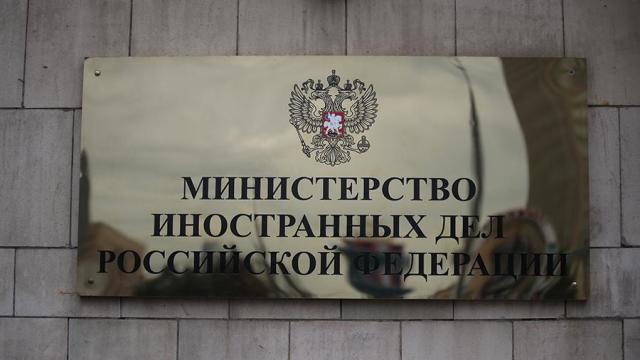The possible deployment of US ground-based missiles in the Asia-Pacific region may lead to a new round of the arms race with unpredictable consequences, Russian Foreign Ministry spokeswoman Maria Zakharova said on March 12.
"In this regard, I would like to emphasize once again that the deployment of American ground-based medium-and shorter-range missiles in various regions of the world, including in the Asia-Pacific region, in any equipment would have an extremely destabilizing effect from the point of view of international and regional security. This would provoke a new round of the arms race with unpredictable consequences, " the representative of the Russian Foreign Ministry said.
At the same time, she stressed that such a development will not strengthen the security of the United States and its allies, and the appearance of additional missile threats to the Russian Federation will entail a reaction from the Russian side.
She called on the parties concerned to jointly search for ways of political and diplomatic settlement of the situation. "We also remain open to equal and constructive work to restore trust, strengthen international security and strategic stability in the world after the INF Treaty," Zakharova said.
Earlier, in October last year, Russian President Vladimir Putin promised that Moscow would take retaliatory steps to deploy US missiles in the Asia-Pacific region. He stressed that the response measures will be taken depending on what threats will be created.
The Russian leader added that the world will not have a future without documents limiting the arms race, similar to the Treaty on the Reduction of Strategic Offensive Arms.
The Intermediate-Range Nuclear Forces Treaty (INF Treaty) was concluded between the USSR and the United States in 1987 and prohibited the two countries from producing and deploying intermediate-range ballistic and cruise missiles.
In February 2019, Washington began the procedure for withdrawing from the INF Treaty, accusing Moscow of failing to comply with the provisions of the document due to the presence of the 9M729 missile, the range of which allegedly exceeds the permissible norms. In Russia, these accusations were rejected and expressed their readiness to demonstrate the missile that raised questions, but the United States did not meet them halfway.

